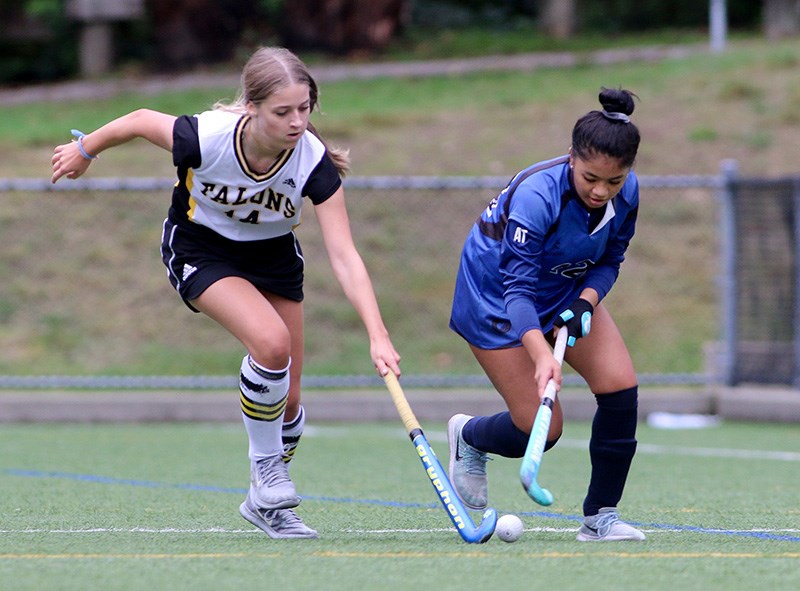The executive director of the Port Moody Soccer Club is welcoming the news the artificial turf at Trasolini Field will be replaced this year.
Srdjan Djekanovic said the facility “is very important” as it’s used seven days a week by its 1,500 members, as well as another 500 who participate in the club’s after school programs.
He said the current turf field is “aged,” adding, “we have some adult teams that request to play on Heritage Woods turf as the Trasolini turf is hard on their bodies.”
On Tuesday (Jan. 18), Port Moody’s general manger of community services, Ron Higo, told council’s finance committee turf fields have a finite lifespan as its fibres break down from wear and tear and UV light, reducing its cushioning.
“There is the possibility of injuries,” he said.
The $1.1-million project to replace the turf had been put into doubt last December when city council’s finance committee asked for it — along with several other projects — to be removed from the capital budget for this year so staff could investigate further issues surrounding the safety of the recycled rubber pellets that are used as fill between the blades of synthetic grass, as well as determine the costs of possible alternatives for the fill.
According to a staff report presented Tuesday, in 2017 an assistant coach with the University of Washington women’s soccer team suggested a link between the synthetic turf the side played and practised upon and several incidents of cancer among the players.
But, continued the report, a review by Fraser Health, in consultation with the BC Centre for Disease Control (BCCDC), determined there were “no significant health concerns” related to the materials used to construct synthetic fields.
Members of the finance committee agreed the field should be replaced.
“This is something that has been planned, prepared for and budgeted for,” said Coun. Diana Dilworth, adding the extra expense of using alternative materials for fill, like thermoplastic elastomer or even a product derived from ground up walnut shells, that staff estimated would boost the project’s budget to more than $1.4 million wasn’t worth it.
Djenkanovic said the field has become much more than a place for athletes to play and practice, calling it a “social hub and a great place of joy and healthy living for the whole family.”
Some of the other capital budget items council had applied the brakes to last December, but passed Tuesday, include:
- a complete rehabilitation of the grass sports field at Heritage Mountain to take place in 2023 at a cost of about $600,000
- the replacement of locks in the city’s civic facilities with a new keyless entry system that’s budgeted at $180,000
- the installation of new roofs on buildings at the city’s public works yard, to be phased over two years with a further assessment of the roof on the facility’s lunchroom in the third year
Money to pay for all the capital projects comes out of the city’s asset reserve fund and doesn’t directly impact property taxes.



